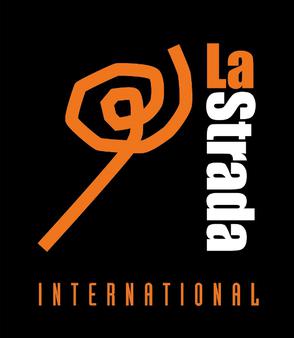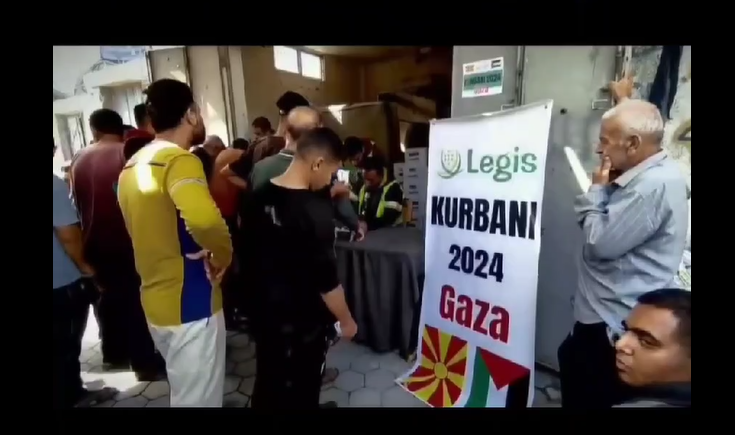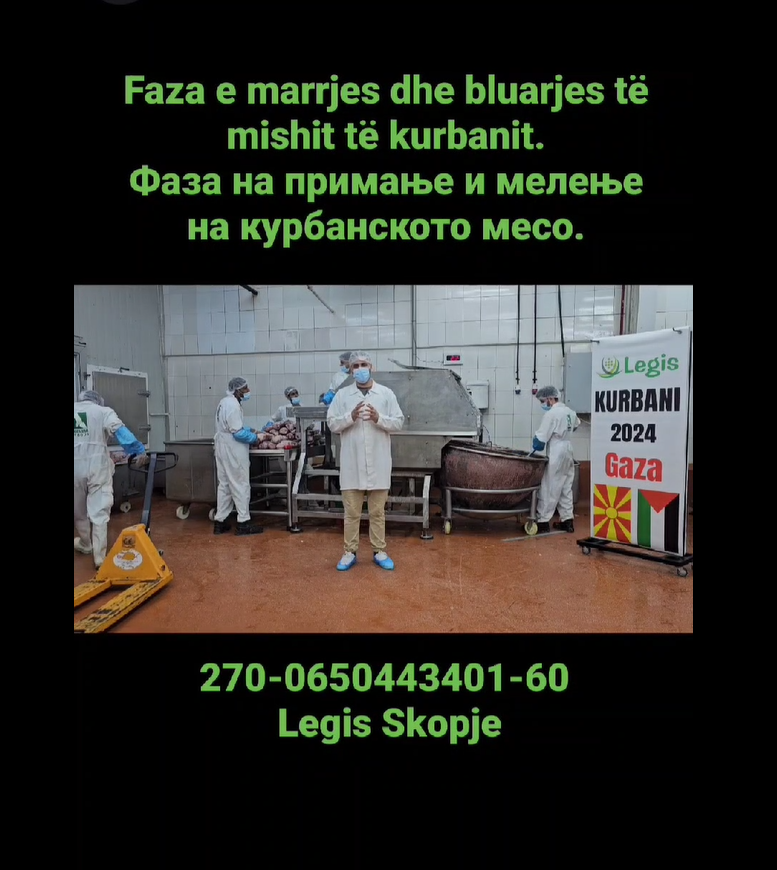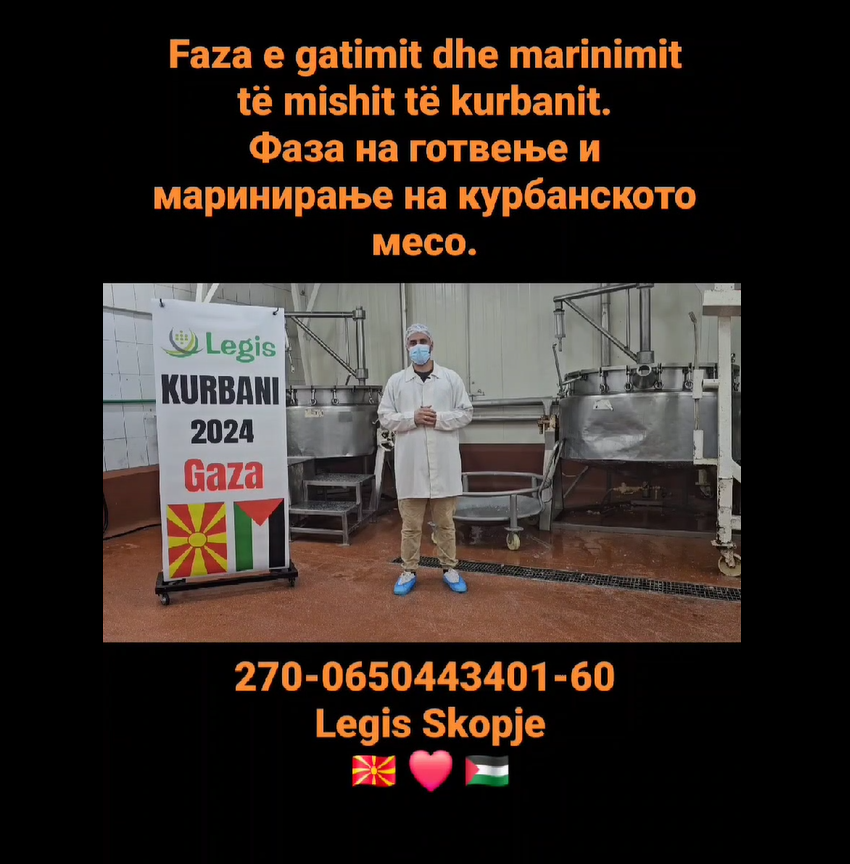The current Corona Virus (COVID-19) crisis is affecting all our countries and societies with most European States taking restrictive measures to prevent the wide spreading of COVID-19 and mitigate the health risks for the population. While this affects everybody, the new situation has a…
The impact of COVID-19 on the protection of rights of trafficked and exploited persons
The current Corona Virus (COVID-19) crisis is affecting all our countries and societies with most European States taking restrictive measures to prevent the wide spreading of COVID-19 and mitigate the health risks for the population. While this affects everybody, the new situation has a particularly negative impact on marginalized communities, including thousands of migrants that work in Europe in low paid and exploitative jobs, supporting European countries to plug their labour shortfalls. It is especially now, in times of crisis that inequality and discrimination heighten not only the risks of abuse and severe exploitation for those who are most vulnerable but place them at further risk of being exposed to the infection thus potentially becoming even a scapegoat for public health risks.
Many of these are women, men and children in an irregular and precarious situation. They often face abuse and exploitation while trying to survive on the street, in private homes, in bars, restaurants, sweatshops, in rural fields and elsewhere at the margins of our societies. While both women and men can be victims of severe forms of labour exploitation, women more than men tend to occupy jobs within the informal sector, which is not covered by any labour legislation or social protection.
La Strada International calls for attention to the challenging situation of trafficked persons and those vulnerable to trafficking, exploitation and abuse, and for targeted measures to ensure their protection and support and prevent discrimination and unequal treatment.

Lack of safety and access to health care
Many migrant workers tell us that they have to continue their work, without sufficient preventive measures taken by their employers. Some are forced to continue to work despite being sick. Safety measures are not equally applied to all workers. There is less control as labour inspections have scaled down. The same for police activity and outreach work. Persons severely exploited in labour, including trafficked persons, might not be identified as victims that need support and receive no access to protection and safety.
Those in irregular work and or with an irregular status face more exposure to infection because of their precarious work and housing situations, and their likely dependency on support by others when unable to work or access social safety nets. In many countries, they are only entitled to health care in emergencies. Medical appointments are being cancelled and community health services have shut down or decreased their activities, due to the current situation. Moreover, there is currently limited psycho-social support and trauma care for those that have been subject to severe forms of sexual or labour exploitation, violence and harassment, like trafficked persons. At the same time, some governments are taking measures to remove barriers to accessing necessary health services for undocumented residents.
Absence of sufficient information and legal support
We see that many migrant workers lack the support and necessary information to protect their health and that of others in line with the restrictive measures. Helplines and consultation services provided by our members – as well as other NGOs – continue, but consultations are only provided online or by phone. Numerous phone calls are received from workers that have not received adequate information from their employers. They have no information on their rights or compensation measures. There is in general a lack of free legal aid. Many NGOs are providing legal assistance, which in turn is dependent on sufficient funding to keep up with the demand for assistance. This is even more challenging now, as many organizations providing such legal assistance have had to greatly reduce their services and may be harder to reach for those who need assistance. For those already engaged in legal procedures, long-awaited court procedures that might offer justice have been put on hold, sometimes leading to prolonged detention or imprisonment.
Shelter needs are high and more governmental support is required
Shelters for trafficked persons are mainly run by NGOs which have to struggle to continue their services and support those in need even more in times of crisis. Often these services are not part of national support structures and policies and they are excluded from governmental support and health measure programmes. Shelter capacity is limited, some are full, or have to restrict access due to COVID-19 safety measures, for example because there are not sufficient facilities for separation of persons staying here. Some shelters reported Corona virus infections and had to close, not to put other people staying there at a higher risk.
In some countries NGOs had to close field offices, shelters and outreach services for refugees. Many vulnerable migrants currently stay in and around overcrowded refugee centres, like in Moria in Greece, a camp designed for 3,000 people but 20,000 persons in need are gathering there in deteriorating circumstances and where it is not possible to keep to preventive restrictions, ensure sufficient distance and safety measures. Some governments are taking measures, using for example, sports halls, hotels, youth hostels, to increase availability of shelter. However more support is needed to ensure sufficient access to shelter needs, including funding for the provision for self-isolation.
Lack of decent income and social security
ILO estimates that 25 million jobs could be lost worldwide due to COVID-19[1]. The ILO note warns that certain groups are likely to be disproportionately affected by the crisis including people in less protected and low-paid jobs. We note that persons in marginalized positions, in particular those in irregular situations or informal and precarious jobs, including domestic workers, cleaners, au pairs, carers, those working in the hospitality sector, including hotels, bars and restaurant workers, as well as those working in distribution, logistics, food processing are amongst the most vulnerable. Workers face cuts in working hours, are losing their jobs, and have no access to welfare schemes. Sex workers have become even more vulnerable than they were before. Where sex work was regularised in clubs, brothels or other workplaces, this is now prohibited in several countries, including in Germany, Austria, the Netherlands, and Switzerland, which generates vulnerability to more exploitation.
Persons in informal and precarious jobs are excluded from important support programmes currently offered to self-employed in some countries. Many are not insured for lack of income and find themselves struggling for survival. They are generally excluded from governmental (financial) support, health care and social security. They lack funds to cover their basic needs, support family members and others that are dependent on them. Due to the travel restrictions they cannot return or move elsewhere, which increases the chance they have to accept indecent labour conditions. Domestic workers, carers and au pairs are often living in their employers’ homes and when losing their jobs, they also lose their accommodation. Also, sex workers frequently live in brothels and other places where they provide sexual services and with the restrictive measures, they have lost their housing too. Many of them have zero income at the moment, so they cannot afford other accommodation. Unable to stay with relatives or find alternative accommodation, they may incur debts, which can make them vulnerable to exploitation.
Risk of unsafe and undignified return
As part of the lockdown measures, there has been a halt in terms of processing asylum claims and other law enforcement measures in most countries. Many migrants have lost their legal residence. When asylum and especially Dublin decisions are still being taken; it is at the moment not clear if those with a negative decision will be transferred to emergency or detention centres or can stay at the regular centres. In some countries we see that repatriations are announced on the same day, even if the countries of return have a large number of infections with COVID 19, and persons could face serious health and protection risks. If detention is imposed, it is often for repeated or prolonged periods, with the more or less explicit purpose of deterring irregular migration and increasing returns – despite the fact that return is currently not possible. Across Europe, more than 100,000 people are being detained solely because of their migratory status. This includes children, families, single men and women, and individuals with pre-existing situations of vulnerability, such as physical or mental health diseases, disabilities, and psychological traumas.
To stop the harmful impact of COVID-19 on the protection of rights of trafficked and exploited persons, we call upon the EU and national governments to follow a human rights based approach in containing the pandemic and to:
Build more European solidarity and strengthen a cooperative approach between EU member states in assisting those in need.
Recognize the contribution of migrant workers to support European economies and fill labour shortages.
Provide essential goods and services to the most vulnerable groups, including to those with irregular residence or in irregular work, and ensure that personal data gathered through service provision will not be shared or used for immigration enforcement purposes.
Define income support measures also for all those that have no access to the established social welfare programmes.
Guarantee the right to the highest attainable standard of health for everyone, ensuring access to preventative and curative health care for all , including refugees, migrants regardless of residence status, and IDPs.
Take targeted measures to address particularly dismal living conditions in reception centres, detention centres, informal encampments etc. including measures to alleviate overcrowding, improve sanitation and access to health care.
Provide information about the COVID-19 crisis, the health situation, government preventive and assistance measures, rules and behaviours, immigration and asylum, as well as about workers’ rights in many different languages.
Enable NGOs to continue to provide legal aid, assistance and emergency support services to vulnerable groups by the provision of financial support.
Ensure that those persons found in irregular work situations or already engaged in legal procedures during this period are not subjected to prolonged detention or imprisonment, and that they have access to free legal aid.
Continue to carry out targeted inspections of working conditions in sectors at high risk of labour exploitation and unsafe working conditions in the context of the pandemic, ensuring that all workers are supported in accessing information and protective measures, support and redress and face no risk of immigration enforcement.
Ensure safe shelter for those that are left without social support and housing.
Offer temporary residence to those that currently cannot return, and stop issuing return decisions, detention and forced returns (including Dublin transfers) of irregular workers.
Ensure that no one is endangered to their health or life through Dublin decision returns.
Introduce regularisation measures to reduce vulnerability, exploitation and social exclusion of migrants in an irregular situation in employment.
[1] ILO Press release, 18 March 2020.
La Strada International is a European NGO Platform against human trafficking that works from a human rights perspective, comprising 25 members in 21 European countries. The Platform’s primary goal is empowering trafficked persons and vulnerable groups, improving their position through promoting their universal rights, including the right to choose to emigrate and work abroad and to be protected from violence and abuse. La Strada International is member of the NGO networks: GAATW, PICUM and ICRSE.
Source:Lastrada




